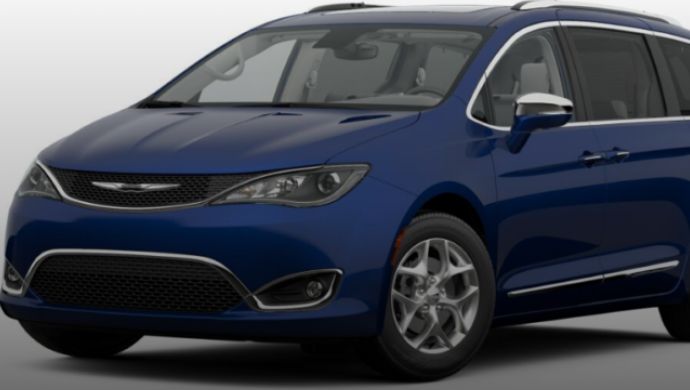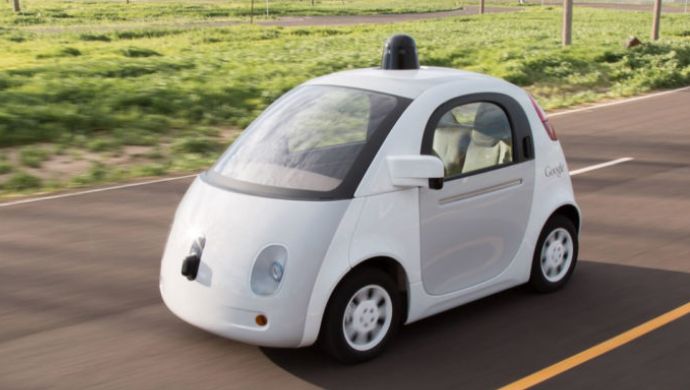Like Apple, it’s changing direction to work with automakers, not become one

Google and Fiat Chrysler will push for driverless ride-sharing with 2017 Pacifica minivans. Image Credit: FCA
Despite an early lead over other technology companies pursuing autonomous vehicle technology, Google no longer appears committed to building its own self-driving cars from the tires up, as Tesla intends to do. According to The Information, company executives are divided on the matter, with CEO Larry Page leading the change to switch over to “a more practical effort to partner with automakers to make a vehicle that drives itself but has traditional features for human drivers.”
Opposing this shift (though apparently, not in a public setting) are Google Co-Founder Sergey Brin and the automotive design unit, Chauffer, within Google X. (Chauffer may also find itself spun out of Google X into a new entity.)
The company will continue testing autonomous vehicles, such as the Pacifica minivans it ordered earlier this year from Fiat Chrysler. These vehicles could form the basis of an autonomous (or at least, semi-autonomous) ride-sharing fleet along the lines of Uber’s own self-driving car project, a “subscription-based” driving experience, as Business Insider puts it.
Also Read: Baidu will build self-driving cars with Nvidia, and test them in Silicon Valley

Google’s prototype self-driving car. Image credit: Google
Google is not the first major tech company to reexamine its driverless vehicle strategy this year. In October, news emerged that Apple was reevaluating its autonomous car project, “Titan,” in the face of multiple development issues. According to Bloomberg, Titan has until the end of next year to deliver more concrete results: What happens should it fail has not been disclosed, since details about Titan are so few due to its top-secret status within the company, but it would probably put the project back on a back burner in terms of new hires and funding.
If the effort does succeed, though, Apple would likely enter into partnerships with automakers to supply car operating systems to multiple partners. This gives it more flexibility, and avoids the regulatory complications that would come with a shift into full-scale automobile manufacturing.
Google’s decision, then, is all the more surprising given that its own project was reportedly well ahead of Apple’s last year, and has prototypes on the road already. Though Apple still has not given up on the “iCar,” it’s focused more on producing the software to manage such a vehicle. In a letter submitted to the National Highway Traffic Safety Administration, Apple requested further federal action on data sharing and privacy, among other issues, that would reduce hurdles to testing self-driving cars on public roads. Apple also separately submitted a patent dealing with collision technology, a necessary competent for further R&D.
Also Read: Infographic: The road to self-driving cars
At least one major technology company, though, is stepping into the gap left by these two companies’ reshuffling. NVIDIA, a Tesla supplier that’s been investing in machine learning and AI recently, has secured a permit to test self-driving vehicles in California.
—
The article Google hits the brakes on its self-driving car. But why? first appeared in Geektime.
The post Google hits the brakes on its self-driving car. But why? appeared first on e27.